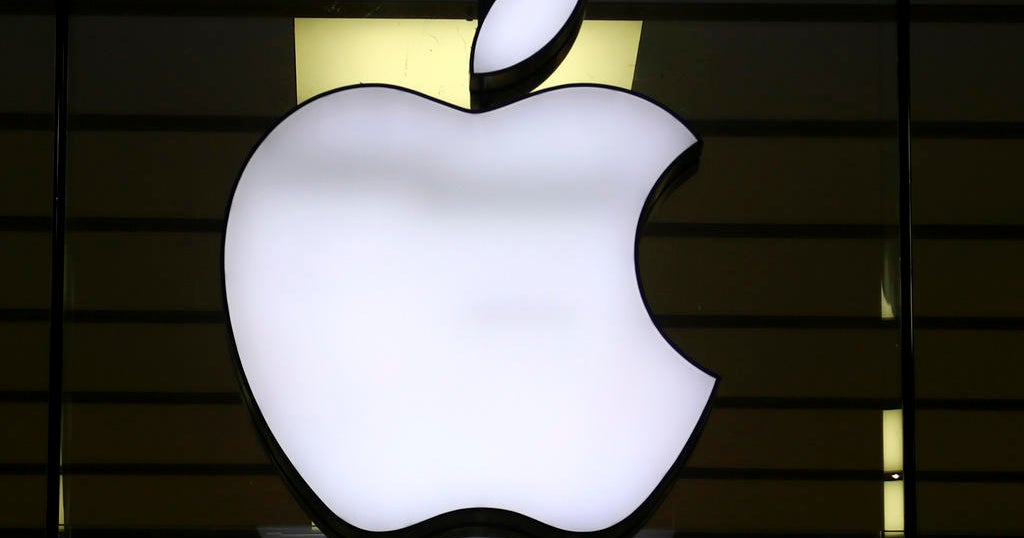
Apple violated injunction in antitrust case, judge finds
30. April 2025 [ad_1]
A federal judge has strongly rebuked Apple, finding that the iPhone maker willfully violated a court injunction in an antitrust case filed by “Fortnite” maker Epic Games.
U.S. District Judge Yvonne Gonzalez Rogers had ordered Apple to lower the barriers protecting its previously exclusive payment system for in-app digital transactions and allow developers to display links to alternative options. On Wednesday, she found that Apple violated a 2021 injunction that, she wrote, sought to “restrain and prohibit the iPhone maker’s anticompetitive conduct” and pricing.
“Apple’s continued attempts to interfere with competition will not be tolerated,” Gonzalez Rogers wrote in Wednesday’s ruling, which held Apple in contempt.
She ordered that Apple “no longer impede developers’ ability to communicate with users nor will they levy or impose a new commission on off-app purchases.”
In a statement provided to CBS News Wednesday night, an Apple spokesperson said: “We strongly disagree with the decision. We will comply with the court’s order and we will appeal.”
Epic first filed an antitrust lawsuit in 2020, alleging that Apple had built an illegal monopoly around its popular App Store that makes billions of dollars annually from a then-exclusive payment system that collects commissions ranging from 15% to 30% on in-app commerce.
Although Gonzalez Rogers had rejected the monopoly claims, she ordered Apple to lower the barriers protecting its previously exclusive payment system for in-app digital transactions and allow developers to display links to alternative options. The Supreme Court rejected Apple’s appeal in the case in January 2024.
“In stark contrast to Apple’s initial in-court testimony, contemporaneous business documents reveal that Apple knew exactly what it was doing and at every turn chose the most anticompetitive option,” the judge wrote on Wednesday. She accused Apple’s vice-president of finance Alex Roman of “outright” lying under oath.
“Internally, (longtime Apple executive) Phillip Schiller had advocated that Apple comply with the injunction, but (CEO) Tim Cook ignored Schiller and instead allowed Chief Financial Officer Luca Maestri and his finance team to convince him otherwise. Cook chose poorly,” Gonzalez Rogers wrote.
The judge referred the matter to the U.S. Attorney for the Northern District of California to investigate whether criminal contempt proceedings are appropriate.
The Justice Department filed a comprehensive antitrust lawsuit against Apple last year, alleging that the tech giant engaged in a series of efforts to stifle competition.
[ad_2]
Source link